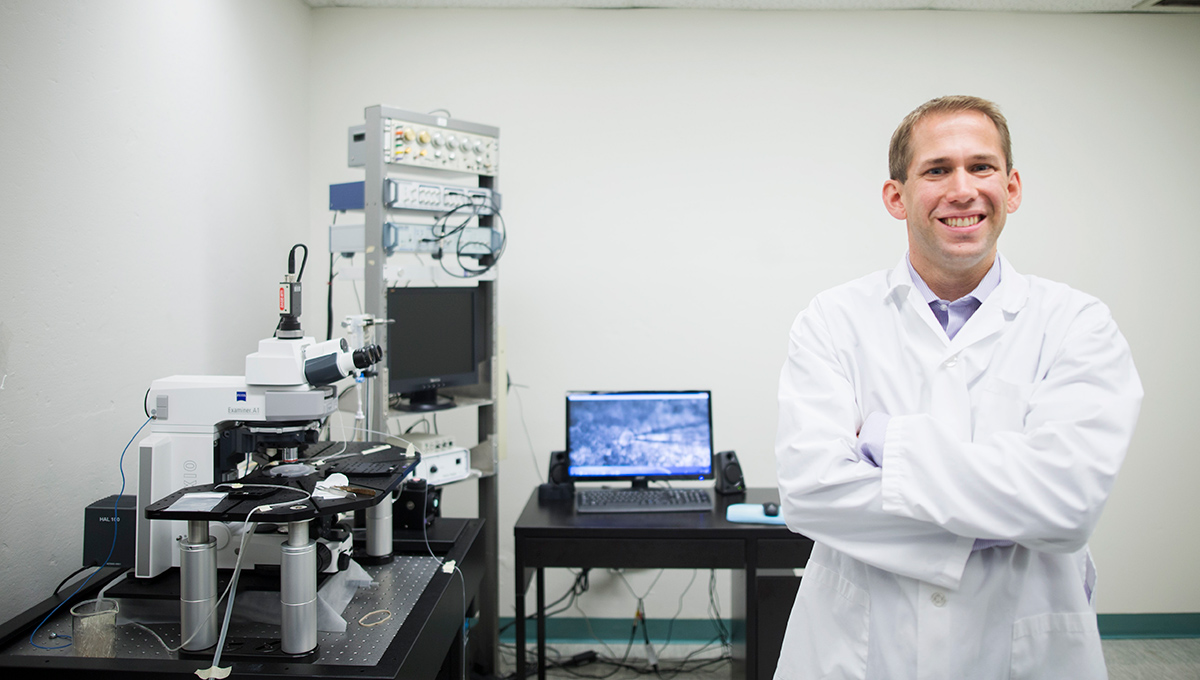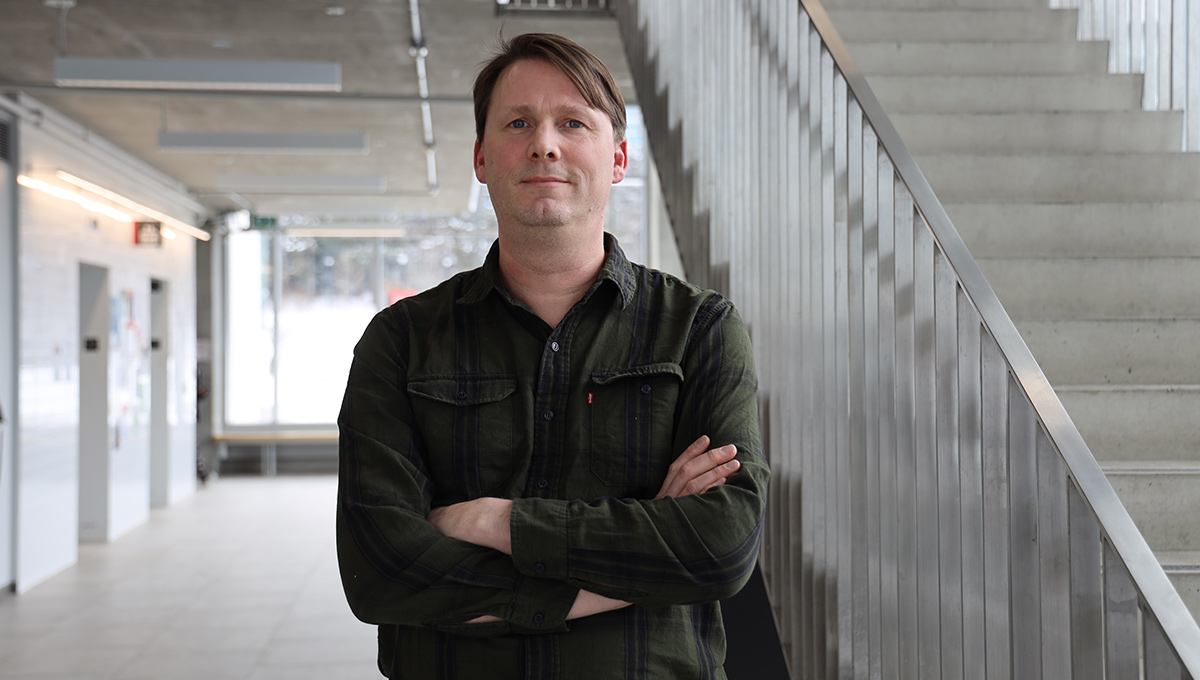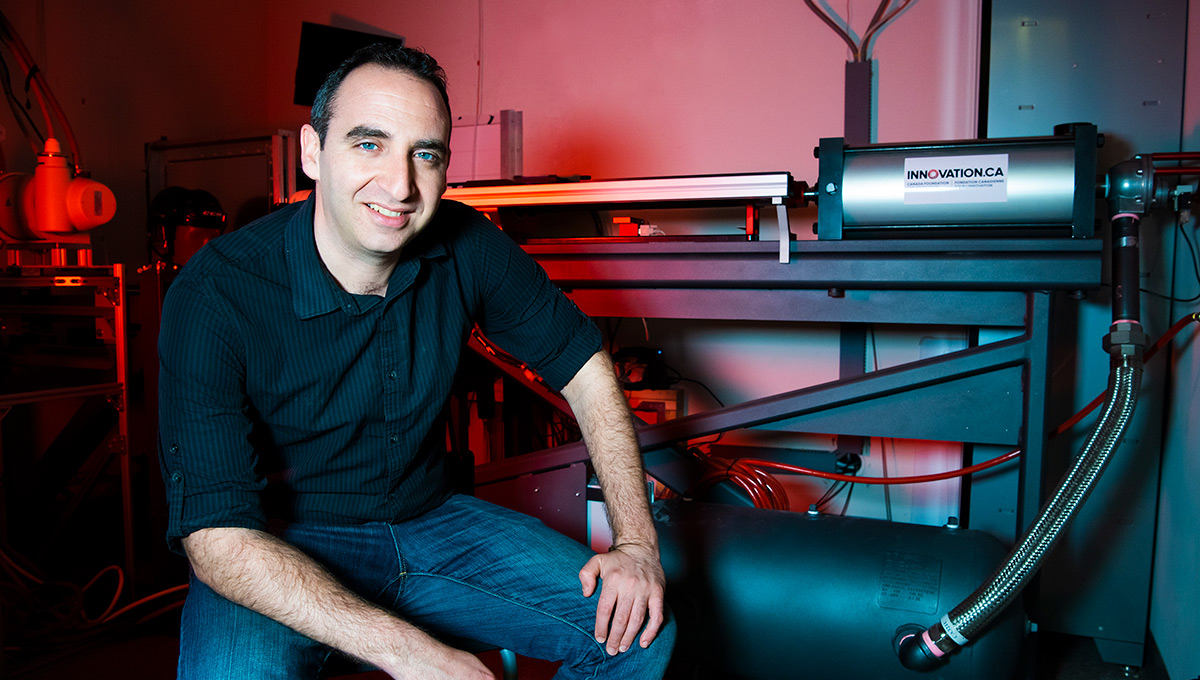By Jena Lynde-Smith
Carleton University researchers have received over $3 million from the Canadian Institutes for Health Research (CIHR), a single-round record for CIHR funding for the university. The funding will support projects developing solutions to the prevalence of diabetes, chronic pain, gut health disturbances and brain injuries.
“At Carleton, we are committed to finding new solutions to real world challenges,” said Benoit-Antoine Bacon, Carleton president and vice-chancellor.
“These timely and important projects, led by world-class researchers, are excellent examples of the remarkable impact of Carleton research on our country and the world.”
The CIHR announcement follows that of Re$earch Infosource, an independent research and consulting firm, that recently listed Carleton as one of Canada’s fastest growing research-intensive universities. The university’s external research income has reached more than $97 million, a 79 per cent over the past four years.
“Carleton is a leading research-intensive institution,” said Rafik Goubran, vice-president (Research and International). “This record amount of CIHR health and wellness research funding will enable our researchers to expand our scope into important areas and make important contributions to society.”
Jenny Bruin, a professor in the Department of Biology and lead researcher in the Bruin Lab, will be using the CIHR funding to investigate the effects of fluorinated pollutants (PFASs) on diabetes risk. PFAS can be found in cookware coating, outdoor clothing, and even fast-food packaging. Despite being recently prohibited in Canada, they remain detectable in more than 99 per cent of the population, and thousands of tonnes are produced each year. Bruin’s research will identify which PFAS increase diabetes risk and to what degree. With nearly one in three Canadians afflicted with prediabetes or diabetes, investigation into this potential trigger is extremely important.

Prof. Jenny Bruin
With CIHR’s support, Neuroscience researcher Michael Hildebrand will be tackling the imbalance of chronic pain research between the sexes. Chronic pain affects females at a higher rate and Hildebrand will address the discrepancy in species and sex using multiple research methods including an investigation of human spinal cord tissue from male and female organ donors, where his team will look at the spinal mechanisms that cause extreme pain. Hildebrand’s ground-breaking research, conducted with researchers at four other universities, is anticipated to both identify how chronic pain is generated in the spinal cord and provide potential therapeutic strategies for both sexes.

Carleton University researcher Michael Hildebrand
Menno Oudhoff, another researcher in Carleton’s Department of Health Sciences, will look at how gut health is developed and impacted in early life. Disruption of gut development early in life is associated with increased risk of complications throughout adulthood, such as bowel disease, diabetes, asthma and psychiatric disorders. Oudhoff will investigate the role of the intestinal epithelia, a line of cells in the gut that interacts with substances outside of the body (i.e. microbes and food) and inside the body (i.e. immune cells and neurons). As infants begin to be introduced to solid foods, the intestinal epithelia mature to deal with these changes. Oudhoff’s project will look at how this maturation affects gut health long term.

Carleton University researcher Menno Oudhoff (Photo: Brenna Mackay)
Mechanical and Aerospace Engineering researcher Oren Petel will use his CIHR funding to further advance his work around brain injuries. Mild traumatic brain injuries (mTBI), such as concussions, are a major health concern for Canadians. They cause countless long-term complications such as memory loss, personality changes and sleep disturbances, and have been shown to increase the risk of developing Parkinson’s disease and dementia. Petel’s project will look at which structures of the brain are impacted by mTBIs. By measuring the changes in the brain’s shape post-injury, he hopes to develop better computer-based models of the damage. This will ultimately assist in creating improved protective equipment, such as helmets, and influence rule changes in sport to reduce prevalence.

Carleton University researcher Oren Petel
CIHR is Canada’s federal funding agency for health research. Composed of 13 Institutes, it supports discoveries and innovations that improve health and strengthen the health care system.
Wednesday, March 1, 2023 in News Releases
Share: Twitter, Facebook



